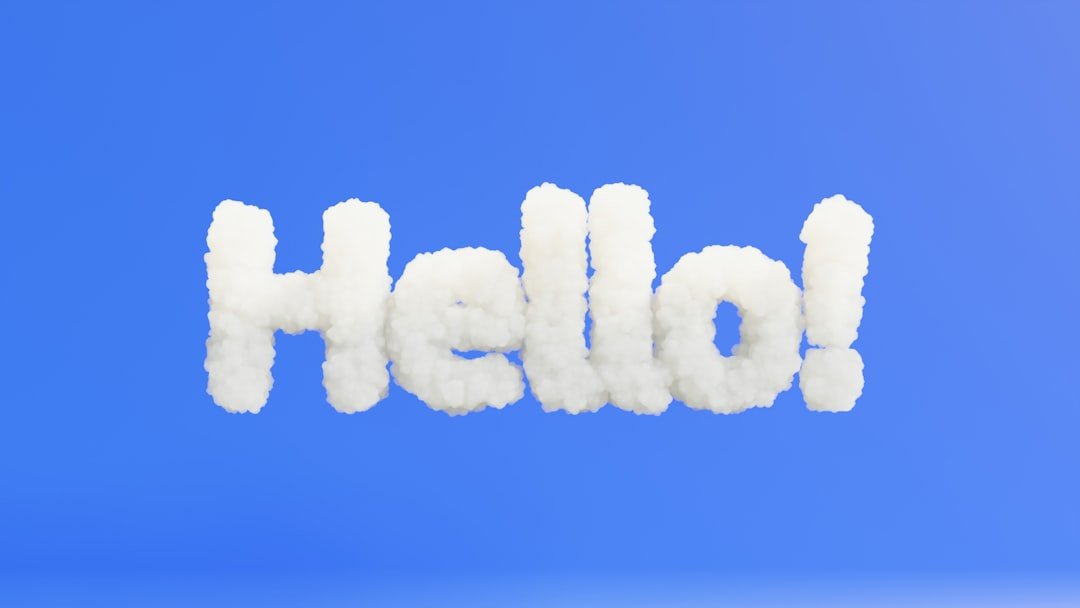freezes
Freezes are a common phenomenon that can have significant impacts on various aspects of our lives, from daily routines to industrial operations. In this article, we will explore the concept of freezes, their causes, effects, and potential solutions.
What are Freezes?
A freeze refers to the process of a liquid turning into a solid due to a decrease in temperature. This can occur in various contexts, including:
- Water freezing into ice
- Food freezing for preservation
- Computer systems freezing due to software or hardware issues
Causes of Freezes
Freezes can be caused by a variety of factors, including:
**Temperature fluctuations**:
A sudden drop in temperature can cause liquids to freeze.
**Humidity**:
High humidity can contribute to the formation of ice crystals, leading to freezes.
**Altitude**:
At higher elevations, temperatures are often lower, increasing the likelihood of freezes.
**Weather patterns**:
Certain weather conditions, such as cold fronts or winter storms, can bring freezing temperatures.
Effects of Freezes
Freezes can have significant effects on various aspects of our lives, including:
**Agriculture**:
Freezes can damage or destroy crops, leading to economic losses for farmers.
**Infrastructure**:
Freezes can cause pipes to burst, leading to water damage and disruptions to daily life.
**Transportation**:
Freezes can make roads and highways hazardous, leading to accidents and travel disruptions.
**Computer systems**:
Freezes can cause software or hardware failures, leading to data loss and decreased productivity.
Types of Freezes
There are several types of freezes, including:
**Light freeze**:
A light freeze occurs when temperatures drop to 32°F (0°C) or below for a short period.
**Hard freeze**:
A hard freeze occurs when temperatures drop below 25°F (-4°C) for an extended period.
**Black freeze**:
A black freeze occurs when temperatures drop below freezing, but there is no visible ice or snow.
Solutions to Mitigate the Effects of Freezes
While freezes can be unpredictable, there are steps that can be taken to mitigate their effects, including:
**Insulation and weatherization**:
Proper insulation and weatherization can help protect pipes and buildings from freezing temperatures.
**Freeze protection**:
Freeze protection measures, such as freeze-proof faucets and insulated pipes, can help prevent damage from freezes.
**Emergency preparedness**:
Having a plan in place for emergency situations, such as a freeze, can help minimize disruptions and losses.
**Monitoring weather forecasts**:
Staying informed about weather forecasts can help individuals and businesses prepare for potential freezes.
Conclusion
Freezes can have significant impacts on various aspects of our lives, from daily routines to industrial operations. By understanding the causes, effects, and potential solutions to freezes, individuals and businesses can take steps to mitigate their effects. Whether it’s protecting crops, infrastructure, or computer systems, being prepared for freezes can help minimize disruptions and losses. By staying informed and taking proactive measures, we can reduce the risks associated with freezes and stay safe and productive.
About Relvixis: Relvixis is a Canadian-based digital agency specializing in results-driven solutions for businesses looking to grow online.
We offer expert services in SEO optimization, web development, social media management, and marketing automation.
Our team blends creative strategy with technical precision to drive leads, enhance brand visibility, and accelerate digital performance.
To learn more or schedule a free consultation, visit
relvixis.com.







